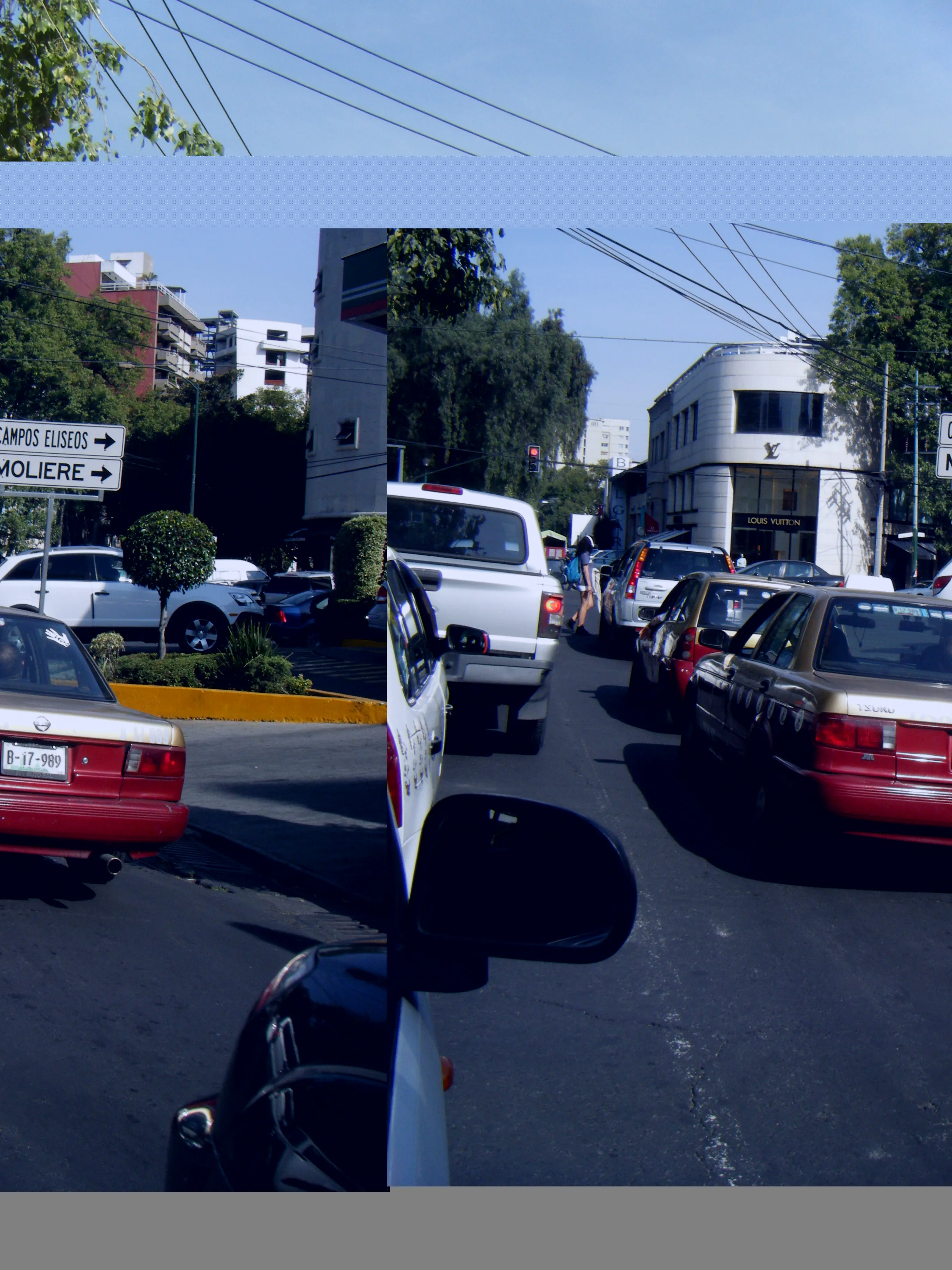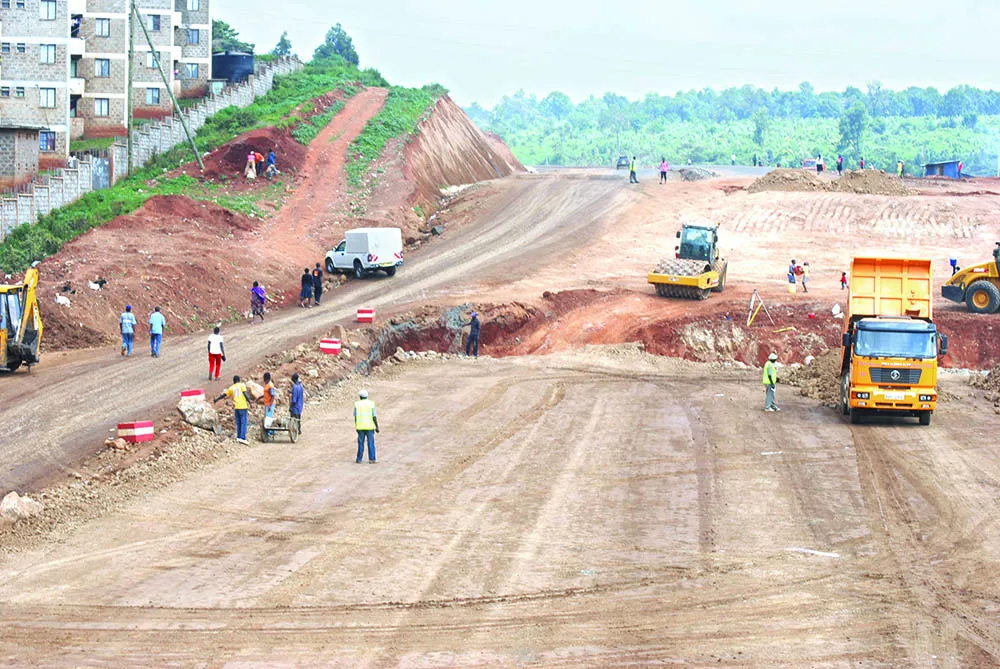Mexico’s Government has plans for a massive programme of infrastructure improvements across the country. In all some US$314 billion will be invested in infrastructure, of which $47 billion will be targeted at improving the country’s transportation network. Mexico’s national transport and communications ministry, SCT, will manage the projects which include works for highways and airports. The plans are expected to include a combination of private and public funding sources, although further details have yet
July 19, 2013
Read time: 2 mins

RSSMexico’s Government has plans for a massive programme of infrastructure improvements across the country. In all some US$314 billion will be invested in infrastructure, of which $47 billion will be targeted at improving the country’s transportation network. Mexico’s national transport and communications ministry, 3067 SCT, will manage the projects which include works for highways and airports. The plans are expected to include a combination of private and public funding sources, although further details have yet to be released. The present Mexican Government looks set to follow on from the earlier infrastructure programme set out by the previous administration. This reveals that a change of political perspective has not changed the understanding by the country’s politicians that infrastructure investment is important for continued economic development. The country’s capital, Mexico City, is widely thought to have become the world’s second largest city in terms of population numbers. Mexico City has expanded enormously in recent years and has suffered from uncontrolled growth, with its existing infrastructure unable to cope with the vast increase in vehicle numbers. Pollution is a major problem, especially as the city is at altitude and heavy smog is a frequent blight. Various measures have been carried out by the city authorities to curb vehicle pollution, with diesel powered vehicles having been required to switch to gas as fuel within the city.
The Mexican Government has stated it will invest $4.8 billion on roads in 2013. This forms part of the plan for investment in roads between 2013 and 2018. The first projects planned include 15 highways, 29 major roads, 665km of rural roads and feeder routes and 16 bypasses, which will cost MXN 18.540bn. Other plans looking further ahead include work on 19 highways, 20 major roads, 17 bypasses, and bridges, feeders and rural routes.
The Brazilian company1305 Odebrecht has made a bid to build the Tuxpan-Tampico link, which will cost around $560 million. It is expected that Mexico’s National Fund for Infrastructure will cover around 50% with the remainder to come from the private sector. Other companies interested in the project must submit their offers by 15 January 2014.
The Mexican Government has stated it will invest $4.8 billion on roads in 2013. This forms part of the plan for investment in roads between 2013 and 2018. The first projects planned include 15 highways, 29 major roads, 665km of rural roads and feeder routes and 16 bypasses, which will cost MXN 18.540bn. Other plans looking further ahead include work on 19 highways, 20 major roads, 17 bypasses, and bridges, feeders and rural routes.
The Brazilian company








